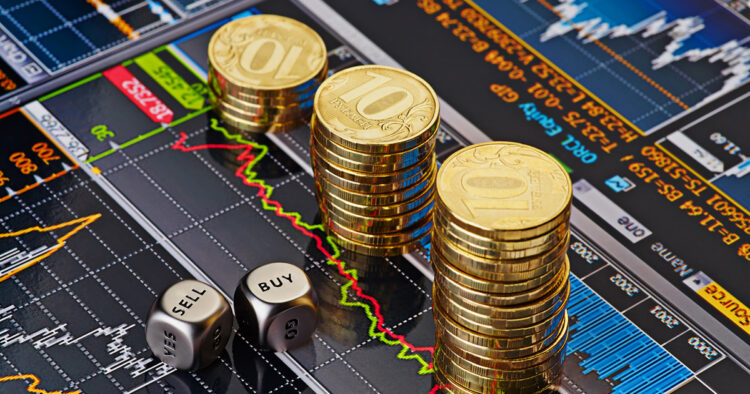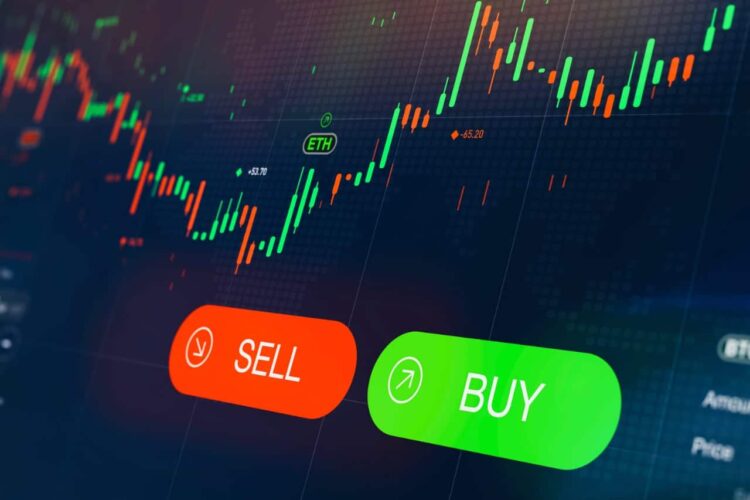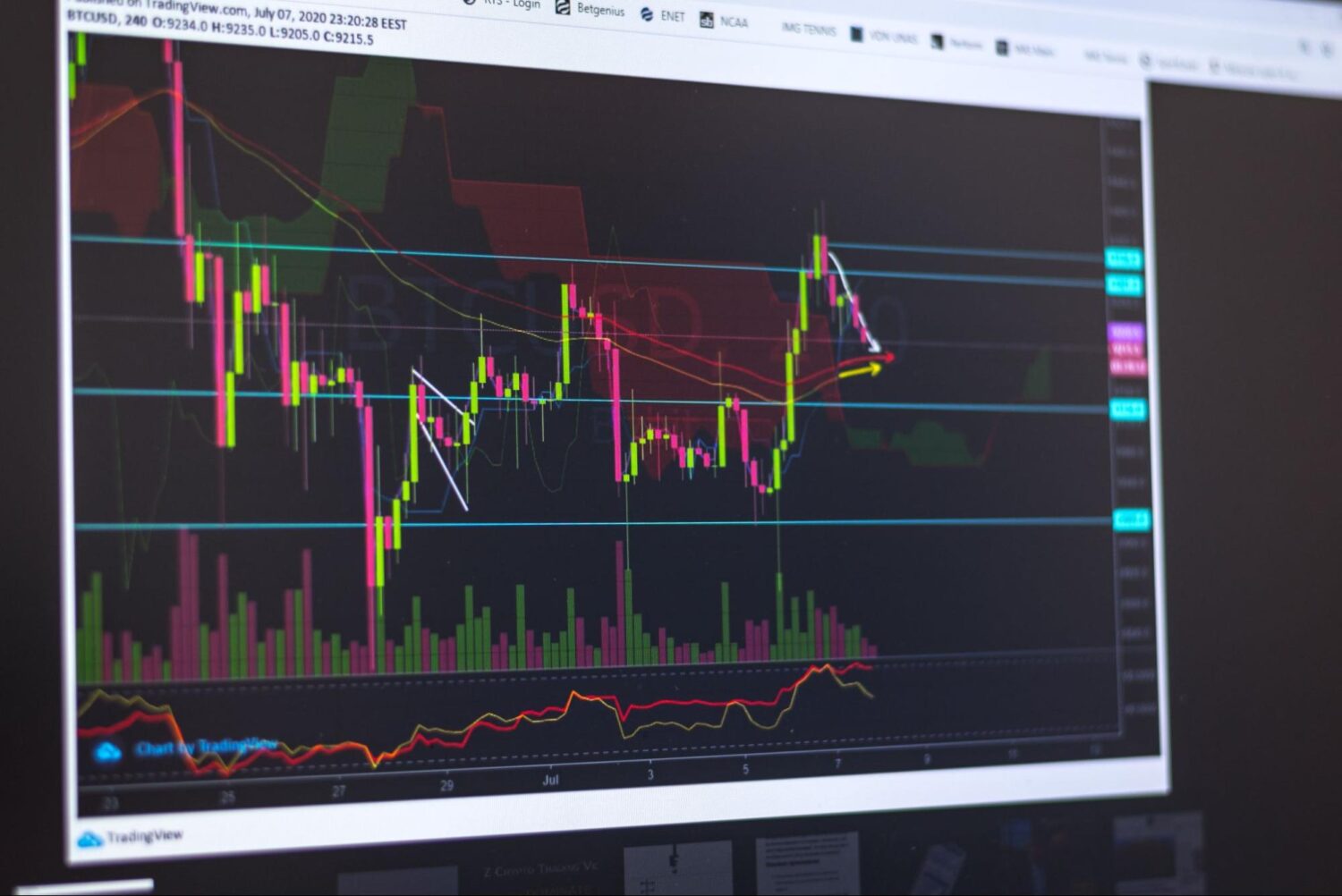The concept of “trading” refers to the trading activities of legal entities and individuals associated with the purchase / sale of various financial assets for a profit. In fact, it is legal speculation to the price difference.
Table of Contents
Where do they trade?
Trading transactions are carried out on specialized financial platforms – exchanges (stock, commodity, cryptocurrency) and the over-the-counter Forex market. As an example of the platform is fbs.com/trading.
Currency, stocks, indices, bonds, precious metals, cryptocurrency, oil, etc. are used as assets. Options, futures, CFD contracts can be used as trading instruments.
Trading types
There are several types of trading depending on the methods of analysis, assets used and the ways of trading.
Financial
Under the concept of financial trading, you can sum up all types of operations on financial platforms. If you single it out as a type, then it is customary to talk about trading assets of stock exchanges (stocks, indices, bonds). The main bidders are large investors, corporations, and financial holdings.
Algorithmic
It all started when the US Securities Commission allowed exchange trading on electronic platforms (1998). Thanks to the innovation, the time of execution of transactions has been significantly reduced (up to microseconds). The traders who began to use the new technique became known as quantum traders.
Algorithmic trading is based on an automated trading method, when mechanical or automatic trading systems are responsible for the execution of transactions.

Internet trading
Trading via the Internet occupies the main segment of the financial services market. For example, the over-the-counter Forex market, which operates exclusively through the Web, has surpassed the liquidity of all classic exchanges in the world combined.
To participate in the auction, you must:
- choose a broker providing online trading services;
- register;
- install a trading terminal on PC (you can use a smartphone, tablet);
After that, you need to open an account and make a deposit (there are micro and cent accounts for Forex trading).
Features of online trading
Online trading allows you to use almost all exchange trading tools – choose any financial assets, analyse the market situation based on historical and current quotes, use margin trading, replenish a deposit and withdraw profits, use manual and automated trading methods, use the advice of professional traders.
The mandatory condition is the presence of stable Internet connection and agreement with a broker.
Advantages and disadvantages
According to statistics, most traders work remotely from the main stock exchanges, which proves the global trend in favour of online trading via the Internet. There are factors that determine the positive attitude of online traders: comfortable conditions (the trader himself chooses the place and time for work), the possibility of choosing a financial platform and a broker (you can work with several at the same time), minimal costs for technical equipment.

In contrary to the obvious advantages, do not forget about the potential threats of online trading:
- high risks of trading with leverage;
- poor-quality service of an Internet broker;
- imperfect legislation in the field of protection of the traders rights.
The class of the brokerage company will become one of the determining factors in the effectiveness of trading. The competition in the brokerage services market is very high, but this factor does not always affect the quality of the service. Information about unscrupulous brokers regularly appears on the traders forums, which makes you think about the criteria that a reliable partner must meet.
Selection guidelines can be:
- work experience of the company;
- a license from a well-known financial regulator;
- customer service adapted to local conditions (multilingual website, technical support);
- rating published on independent resources.
Do not forget about the reviews of various traders.
Trading strategies
Trading efficiency is determined by the choice of the optimal trading strategy, which depends on the size of the deposit, trader’s skill level, time devoted to trading (main job, additional income and other factors).

Scalping
The strategy uses a variety of forecasting tools. The main disadvantages of this option are the emotional load and large amount of erroneous signals.
Intraday
The option is distinguished by a more balanced approach to analytics, low risks and the absence of psychological pressure. This strategy allows you to work with small deposits.
Medium term
The strategy is designed for time intervals from several days to several months and is considered the best option. In this case, there are no disadvantages of short-term strategies and the advantages of long-term ones are used.
Long term
Long-term trading is more like investing than speculative operations. An important point is the presence of a large deposit.
Proprietary trading
The option involves trading, which is carried out by financial companies solely at their own expense. The profitable part is formed by profit from transactions (no commissions). Stocks, currencies, bonds are used as trading assets.
Technical
Technical analysis is indispensable for short-term strategies, when price fluctuations practically do not correlate with macroeconomic data.
Fundamental
Many experts use this method. However, in this case, it is necessary to study important economic and political issues: GDP of countries, inflation, unemployment, interest rates, major political events (elections of the leaderships).
Swing trading
This tactic is built taking into account the peculiarities of price behaviour along the trend and can be used by specialists who are proficient in wave analysis. The calculation is made to open a deal in the direction of the trend, when the corrective wave ends.
Moment

The essence of the method is to use the right moment. A person is looking for profitable trading signals for an asset. If they are defined, then deals are opened immediately on all time intervals. In fact, all types of trading can be used – from scalping to long-term trading.
What do experts advise in this field? First, don’t trade without a strategy. It is a losing proposition. Even if you manage to achieve some success, then it is a temporary effect. In the long run, the lack of a strategy will not bring results.
Also, do not rush to increase the volume of transactions. Avoid stress and keep emotions under control. Keep practising and learning new trading strategies. And most importantly, analyse your actions.
Trading is not entertainment, it is work with a difficult schedule, psychology. In this case, knowledge, practical experience, and decisiveness will be required in decision-making. Therefore, you need to decide on goals, time and a professional broker who will help you achieve your goal.
